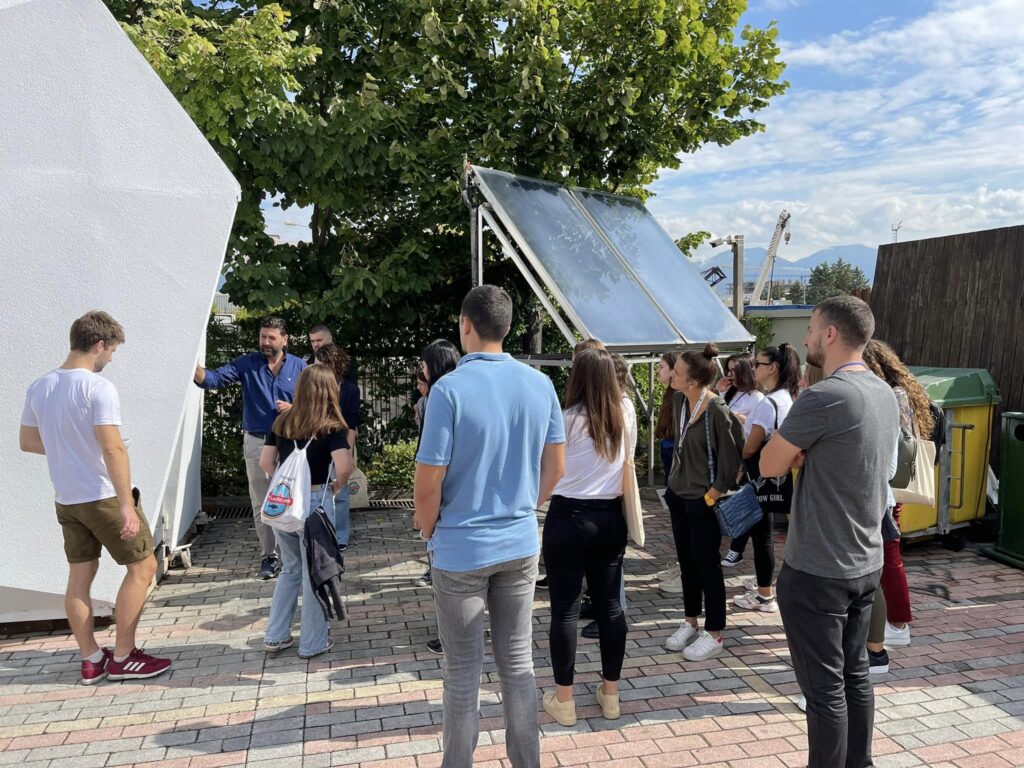45 young people from the Balkan countries in the Albanian Energy Lab
Forty-five young people from Albania, Kosovo, North Macedonia, Montenegro, Bosnia and Herzegovina, Croatia, Georgia, Serbia participated in the meeting, with the aim of networking among young people and providing opportunities for sharing ideas, knowledge, best practices from the renewable energy sector.
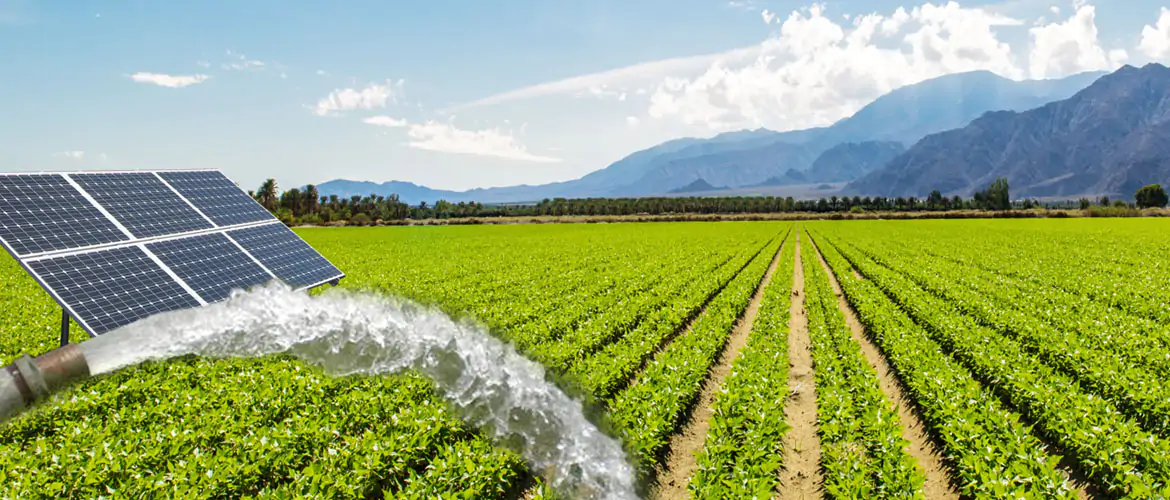
The Energy Lab was organized by the Milieukontakt Albania, in cooperation with “Polis” University, as an integral part of the “Tirana: European Youth Capital for 2022” program on September 1 and 2. It is part of EUKI funded by the German Federal Ministry for Economic Affairs and Climate Action (BMWK). Forty-five young people from Albania, Kosovo, North Macedonia, Montenegro, Bosnia and Herzegovina, Croatia, Georgia, Serbia participated in the meeting, with the aim of networking among young people and providing opportunities for sharing ideas, knowledge, best practices from the renewable energy sector.
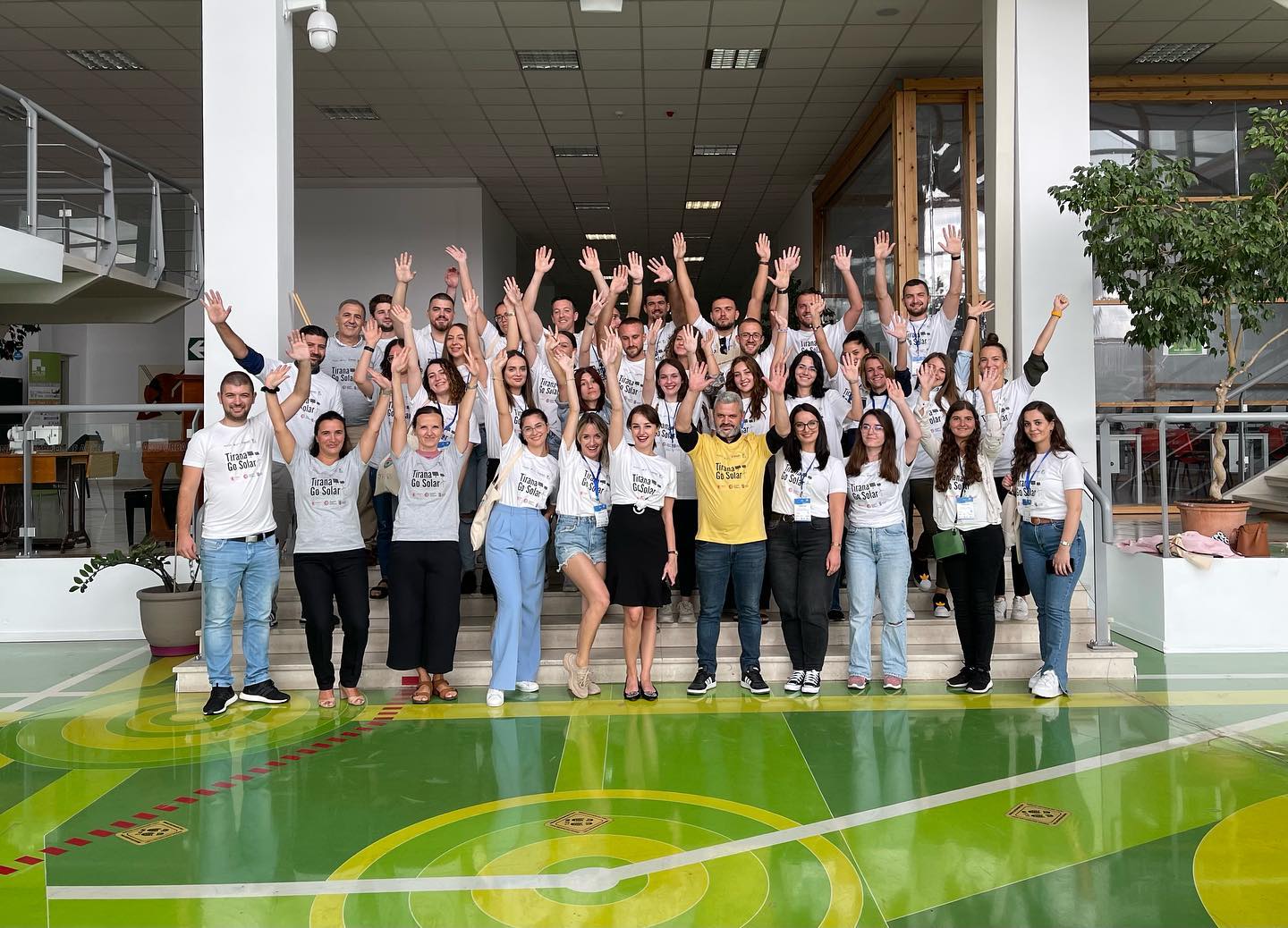
The first sunny day started with the acquaintance of the young people with the EUCENA project, the energy communities in the region and Albania, the approach to them, the current situation for dealing with energy, energy poverty and the groups most affected by it, the positive social impacts resulting from the development of various energy projects.
Further Information
Energy Transition
Citizen engagement movements for generating renewable energy from the sun and wind are developing across Europe, creating communities of citizens for this vitally important sector, which aim to provide financial facilities, democratic inclusiveness, concrete and cost-free benefits for the environment.
New energy communities are also being created, encouraging and promoting the participation of individuals of different genders and ages.
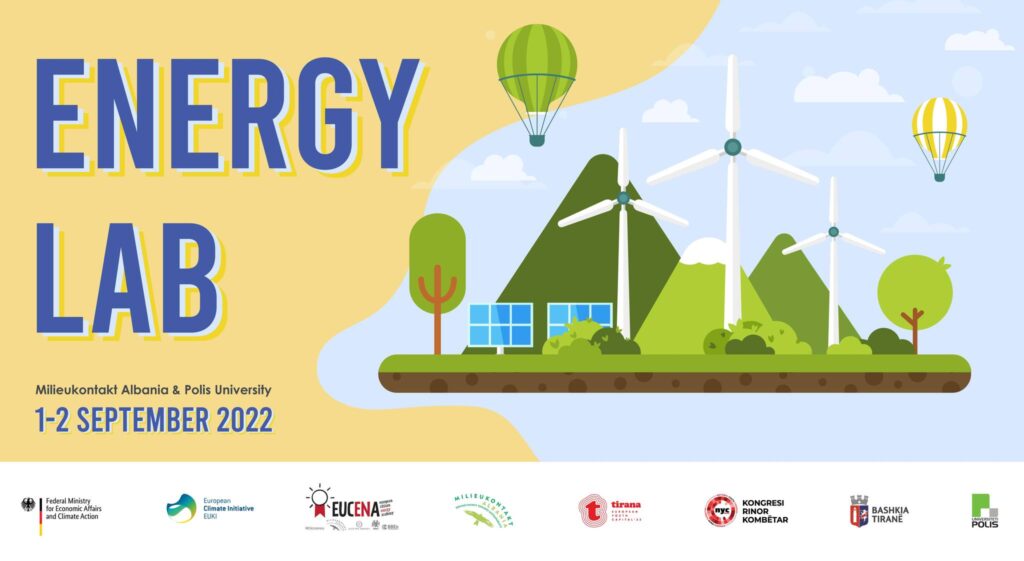
“City Walk – Design Thinking for Change”
The young people of the Lab, under the mentorship of professors from “Polis” University and the facilitation of Milieukontakt staff, along the walk in the central areas of the city, were led into finding concrete problems of many of the buildings along the way, the possibilities and the forms that could be selected for the realization and improvement of thermal performance through the installation and use of photovoltaic panels.
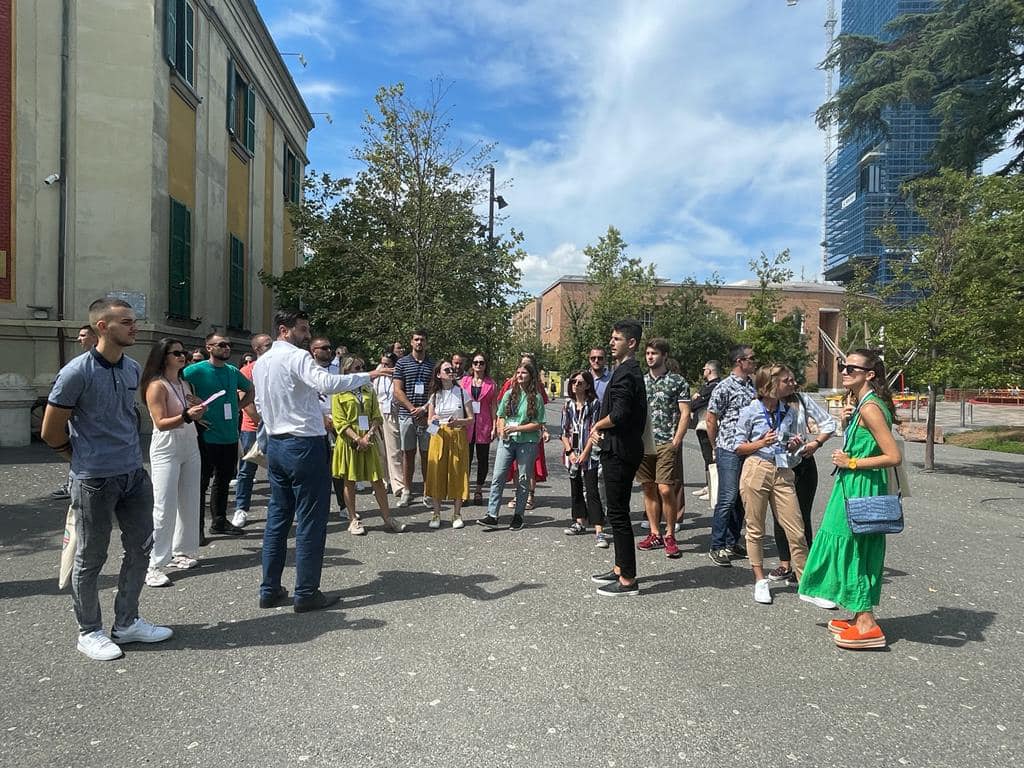
This exercise helped young people develop basic concepts of energy efficiency such as: effectiveness, performance, saving strategies, energy conservation and management. Walking in the city obviously and easily helped the young people to compare the old buildings with the new ones in a general way, focusing on the similarities and the differences between them in terms of architectural and engineering solutions regarding energy efficiency.
Energy efficiency, effectiveness, performance, saving, conservation and management
For all the above concepts, the young people were introduced to the way data can be collected through measurements using specific equipment, the way they can be interpreted and then documented. Expert professors in the field of energy demonstrated methods of data analysis, including analysis of energy bills, building audits and energy consumption profiles. The concrete example of the capsule near the “Polis” University enabled the analysis of the thermal performance.
The data collected from the capsule house were analysed and interpreted by computer applications. The professional instruments used were TESTO thermal cameras. The program of the first day was concluded with the information on the solar panels, which are also found in the university premises, where the young people closely examined their structure, discussing their energy benefits.
The second day started full of positive energy, with the desire of the young people, not only to be a part, but at the same time to dedicate themselves throughout the modules in the laboratory. It is these young people who, through personal capacities and knowledge acquired day by day, will aim to find financial opportunities and human capacities for the use of solar and photovoltaic panels in homes, institutions or organizations where they can contribute in the near future.
The youth were given the opportunity to build their ideal house, how they would like a sustainable construction, how to ensure a well-designed building structure that will be financially, economically and ecologically acceptable. Building sustainably is one of the most important points of sustainable development and this includes the use of building materials that do not harm the environment, energy efficiency in buildings and their well-management.
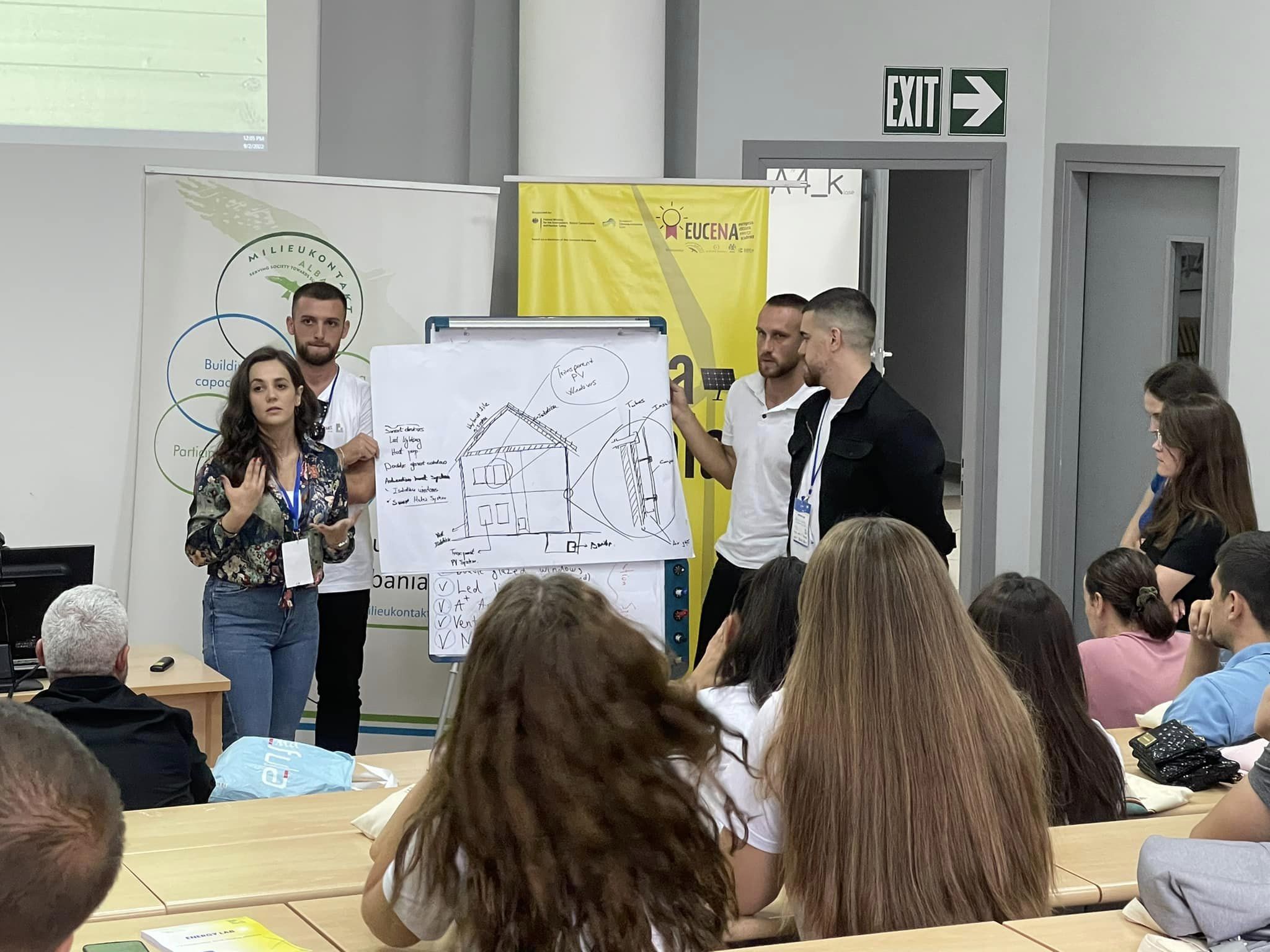
A training on the technology of demonstrative photovoltaic panels was also carried out, accompanied by practical exercises for the young people on the installation of the panels, which enabled the connection of the panel to various devices for supplying energy and putting them into operation.
Detailed information was shared among the participants about the “Retscreen” program, which enables the calculation of the energy capacity provided by a photovoltaic panel for a certain building. This module took place at the Energy Efficiency laboratory, integrated at the university.
The Energy Lab has been appreciated by the participants as a real laboratory of information and expertise on energy as a whole, but also as the place where the young people from the Balkans spent two pleasant days, during which they got to know the positive energy of Albanian citizens, who day by day contribute to the growth and enrichment of natural and spiritual resources. For further developments in the prosperity of our society, every day particles of positive energy, which together form the energy that facilitates and enables everyone’s existence, just as Ludwig Boltzmann (physicist and philosopher 1844-1906) said “Available energy, the main argument in the struggle between the existence and evolution of the world”.
